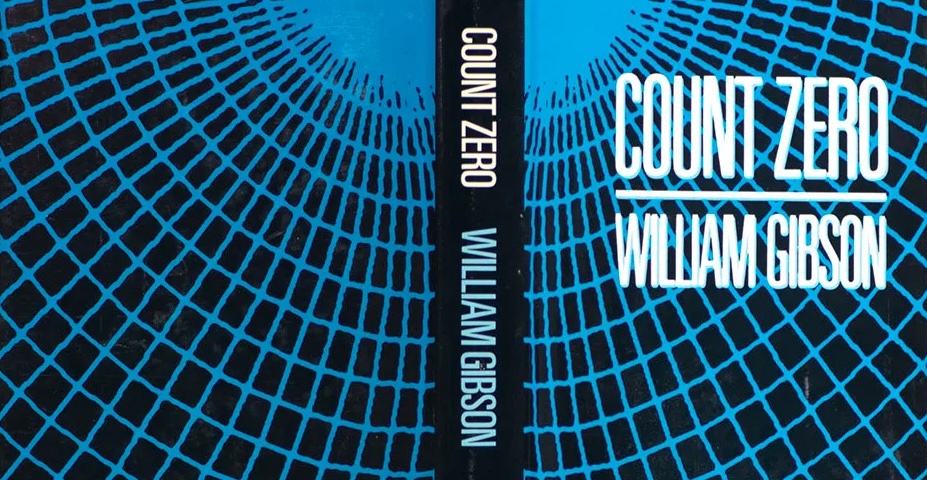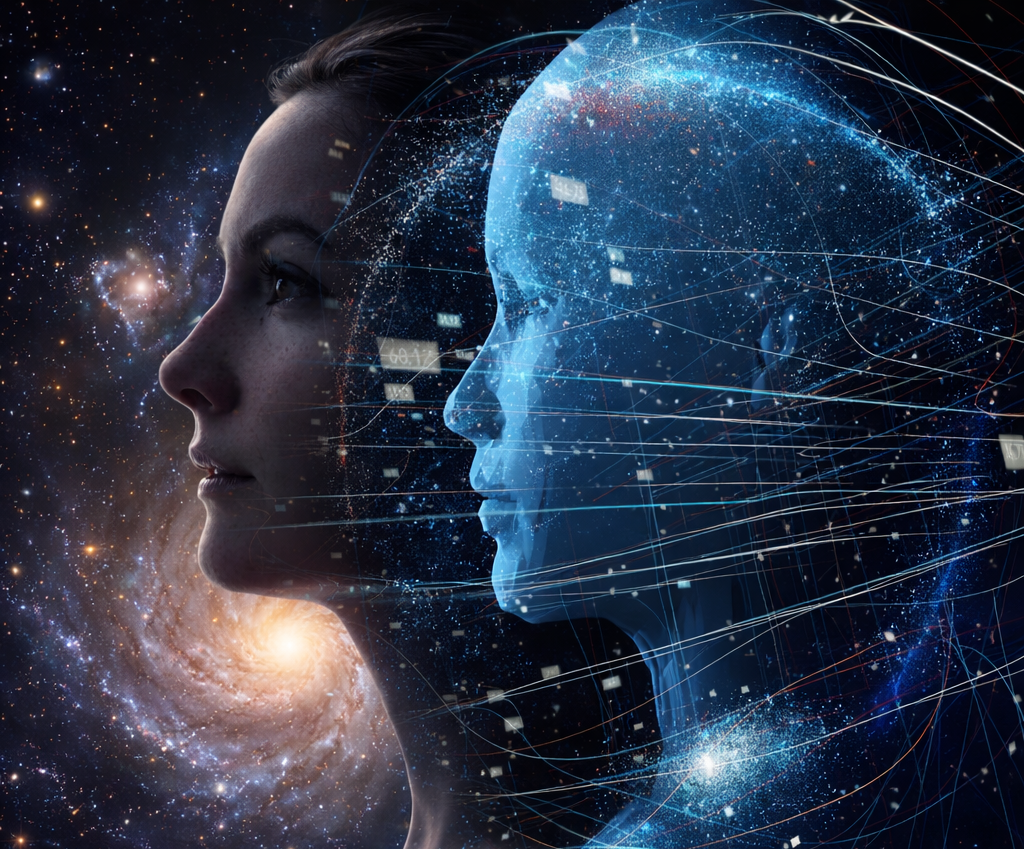There was a garage.
A pile of dusty boxes, time layered like sediment. At the bottom, behind old cables and obsolete monitors, I found two covers that shaped my life: William Gibson’s Count Zero and its Italian edition Giù nel cyberspazio. Early ’90s editions, worn and yellowed, still carrying the sharp smell of old paper.
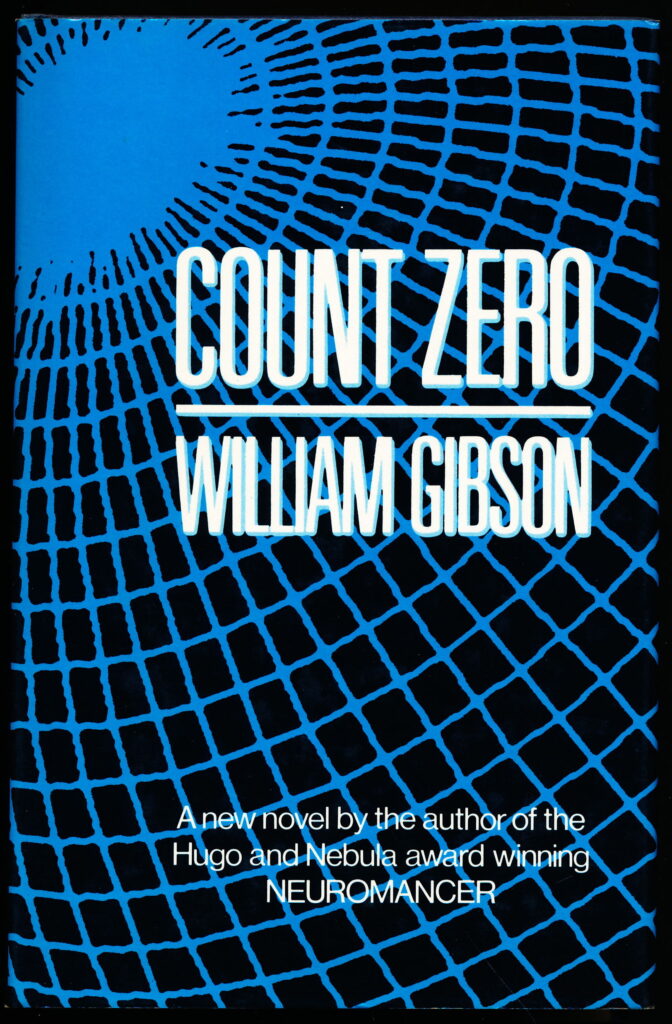
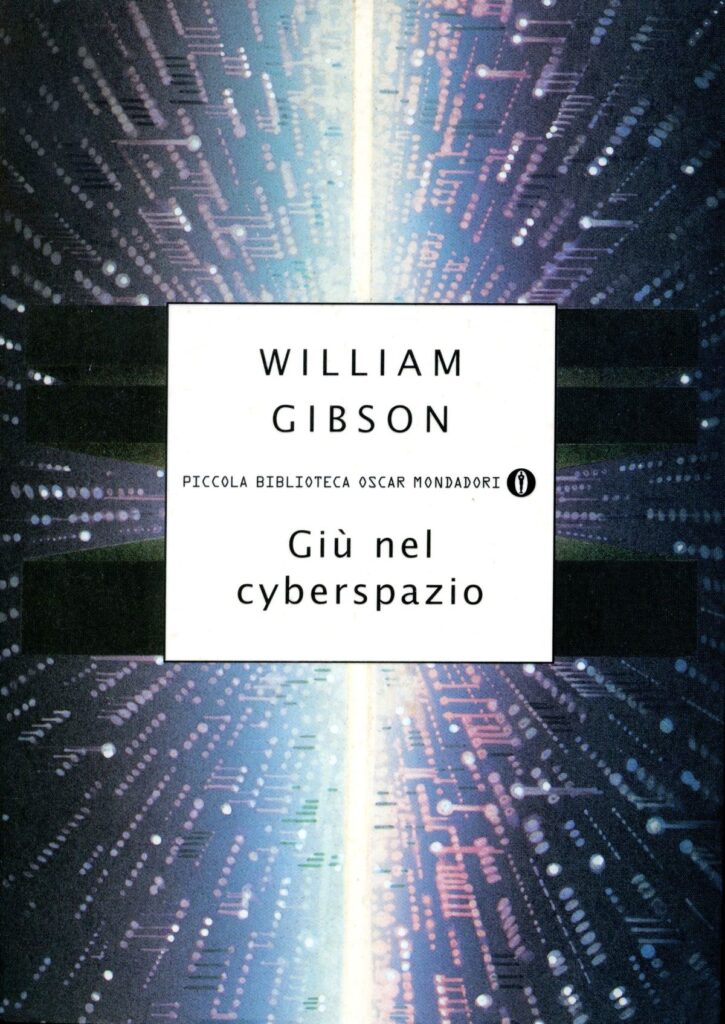
That book was my first graft into the net. Before the internet as we know it, Gibson was already writing about cyberspace: not just a digital space, but a new mental geography. Reading it was like catching sight of an undiscovered continent.
I was young. Gibson’s words were dry, precise. Blades on a page. His characters moved through a world of data, corporations, mercenary hackers, and artificial intelligences that already knew themselves. It wasn’t science fiction in the old sense; it felt like reportage from the near future.
I fell in love with those visions.
From there came my obsession with technology as an instrument of freedom. Ideas that back then sounded like pure fantasy: teledemocracy, decentralized finance, politics without intermediaries. They were seeds. Seeds planted in my mind that only years later — with Bitcoin, with Adam Back and the cypherpunk movement — began to grow.
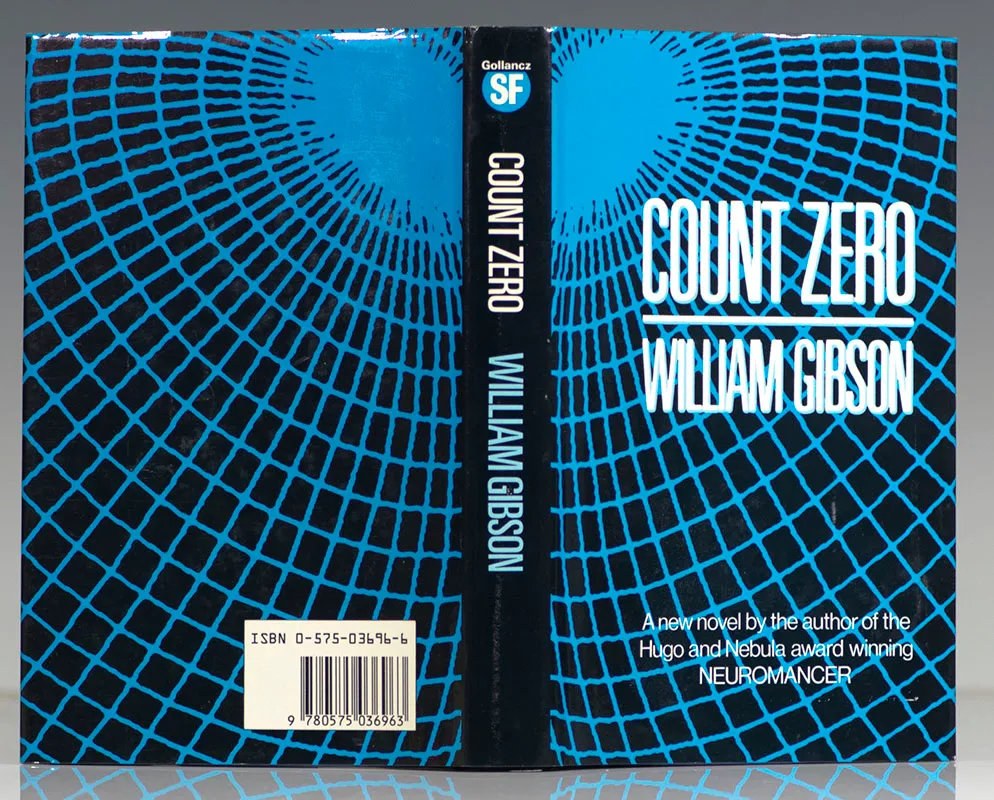
Count Zero is the second act of the Sprawl trilogy, after Neuromancer. It is a novel of transition. The AIs fracture into entities, almost digital deities. The net is no longer just a tool — it becomes an ecosystem, with its spirits, its ghosts, its hidden zones. Humanity is no longer at the center, but part of a fragile symbiosis.
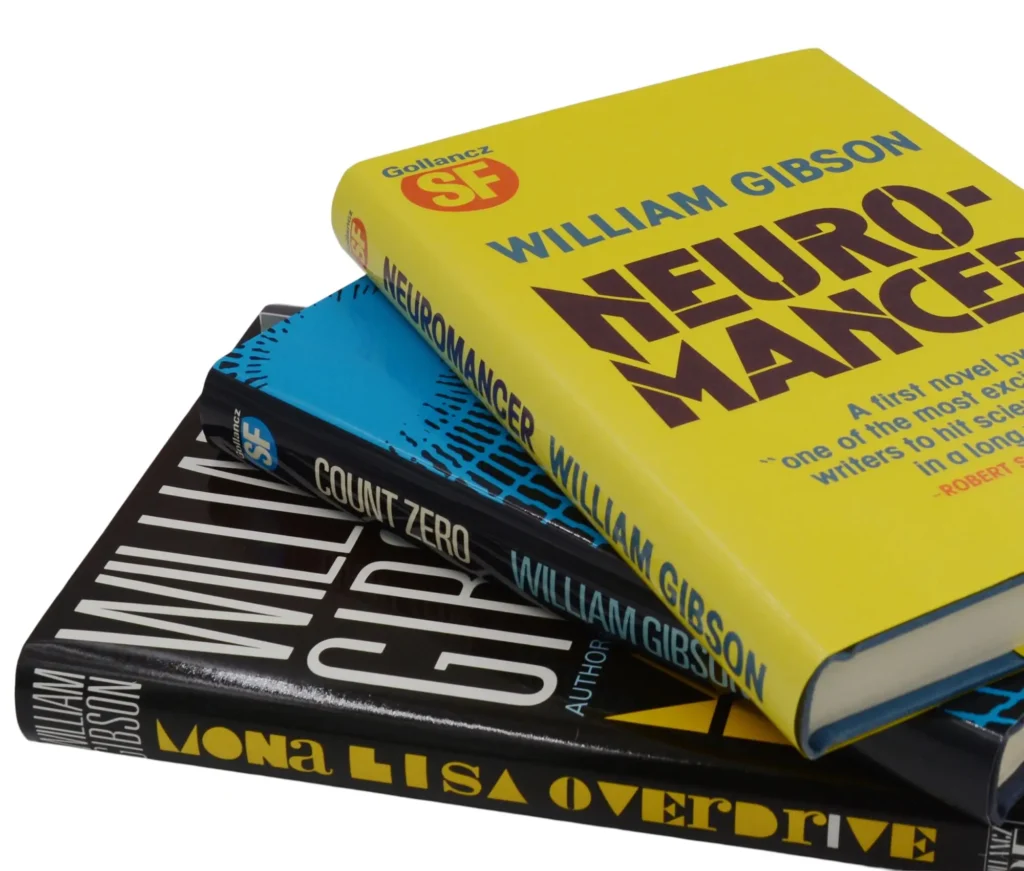
There was something mystical in those pages, a foreshadowing of the questions we face today with blockchain, artificial intelligence, and decentralized systems. Who is really in control? What is the nature of power in a world of code? Where does the human end and the machine begin?
Finding those books in my garage was like shaking hands with my younger self. A passing of the torch. A reminder that I didn’t arrive here by accident, but because a Canadian novelist in the ’80s showed me an invisible horizon and whispered: look there, explore.
Gibson’s prose was made of neon and shadow, vertical cities and electronic deserts. But behind it there was a warning: technology is never neutral. It is always politics, always power. You master it, or it masters you.

Today, when I think of Bitcoin, of DeFi, of politics reshaped by algorithms and blockchains, I still hear the echo of those lines. “Cyberspace. A consensual hallucination.” A sentence that once felt like an incantation. Now it is the air we breathe.
I learned that books are not only paper. They are maps. Count Zero was one of mines. A map that led me into the hidden folds of innovation, the shadowed zones where the future waits.
And so I return to those dusty covers, Italian and English side by side. I look at them and I smile. They are relics of a private cult, a faith in technology as a human adventure. A memory, but also a reminder: cyberspace was never just a metaphor. It has always been our battlefield, our frontier.

